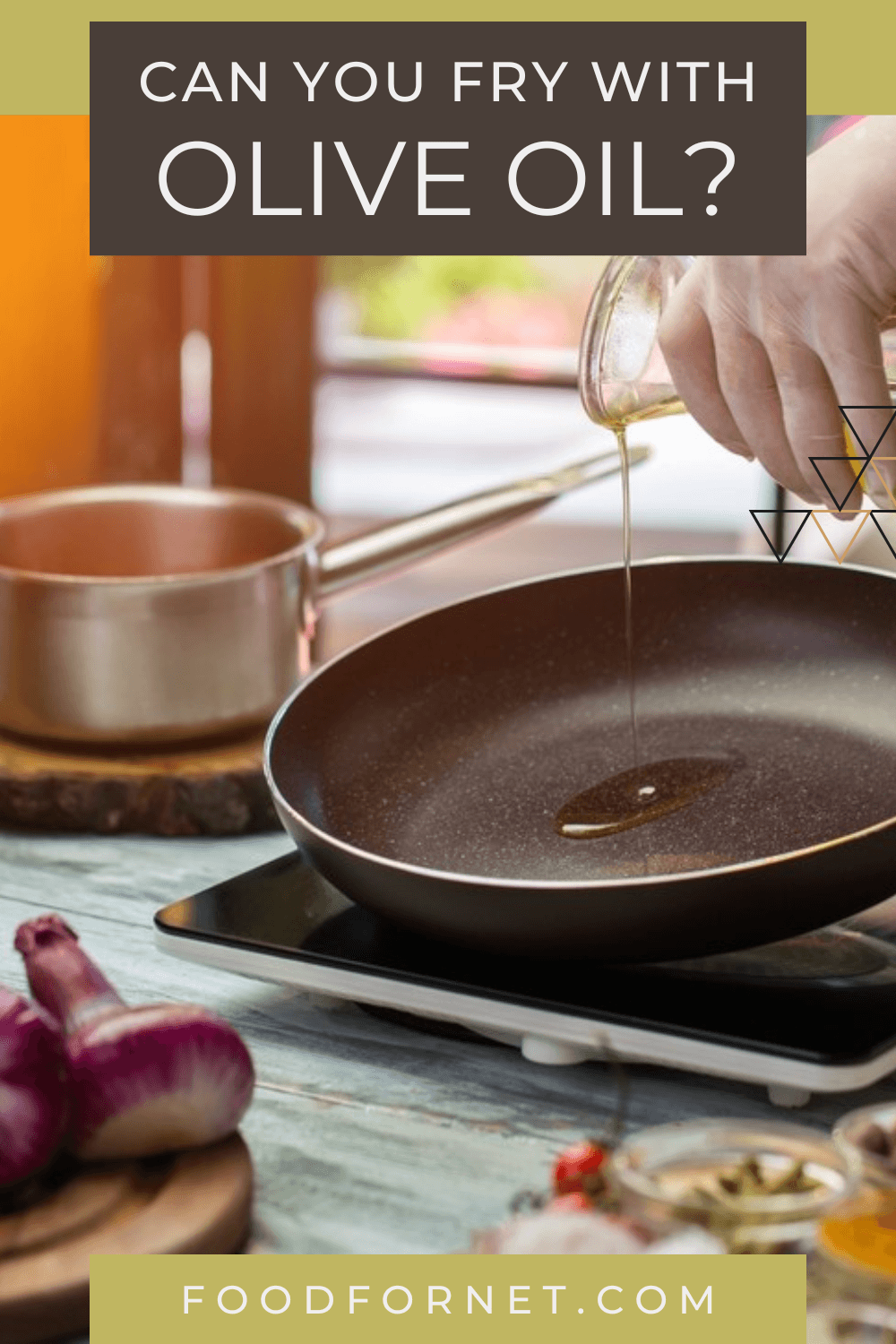
Conventional wisdom often says that you shouldn’t use olive oil for high heat cooking, as the smoke point is too low. Extra virgin olive oil is particularly concerning, as it has the lowest smoke point and you lose some of the healthy compounds when you heat the oil. So, can you fry with olive oil?
It’s a reasonable question, as conventional wisdom isn’t always accurate (sometimes it’s completely off the mark!). This could easily be the case with olive oil, as the whole argument against the oil is based on its smoke point, but smoke point isn’t the only factor. Whether an oil oxidizes at high temperatures is incredibly important as wveell.
Before we get into that, though, where are you getting your olive oil from? Which olive oil brands are you choosing? This is incredibly important, as there’s so much low quality olive oil out there. Even some products marketed as extra virgin olive oil mightn’t be all they claim to be.
Olive oil of the month clubs are a fantastic option. As the name suggests, these send out olive oil monthly, so you never run out. The clubs have their own themes too. Some focus on fresh pressed olive oil that comes straight from the farm to you. Others feature olive oils from different companies, giving you plenty of variety.
The Lowdown On Frying With Olive Oil
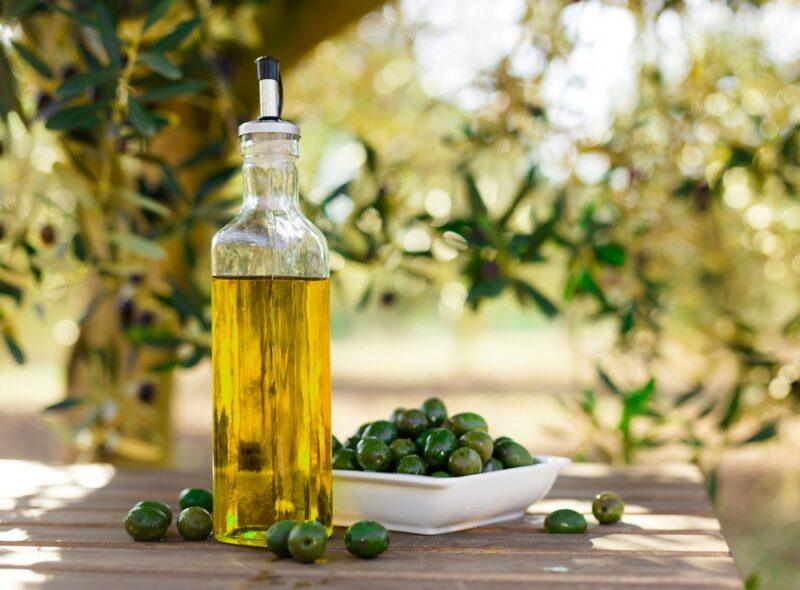
Let’s begin with the smoke point.
We’re often told that olive oil has a low smoke point and that’s why you shouldn’t cook with it. Except, the smoke point actually isn’t that bad. Even extra virgin olive oil can have a smoke point of more than 400°F, especially when it’s high quality.
In fact, extra virgin olive oil generally falls in the range of 374°F to 405°F. Refined olive oil is even higher, sometimes falling between 450°F to 470°F. These are decent ranges, given that you normally pan fry at between 325°F and 400°F.
So, even just looking at smoke point, olive oil isn’t as bad for frying as we’ve been told.
Then there’s oxidative stability. This measure looks at how quickly oils oxidize when they’re heated. Oils that score badly here oxidize fast in high temperatures and potentially produce many dangerous compounds.
Olive oil actually does particularly well here, as the antioxidants and monounsaturated fats help to keep the oil oxidatively stable. Research even shows that based on oxidative stability, olive oil is one of the best choices for cooking.
Is It Okay For The Oil To Smoke?
Most of the time, you’re trying to keep oil under its smoke point. If the oil smokes too much, then harmful compounds may be produced. The smoke also decreases many of the natural flavors of the oil and could even ruin your entire meal.
While olive oil is oxidation resistant, the compounds will still start to oxidize if there’s too much heat. So, excessive smoke could easily cause harm.
However, you might sometimes heat olive oil until it is just starting to smoke. This is particularly useful when you’re cooking meat, as the oil adds a smokiness to your dish.
Going past the smoke point slightly like this isn’t dangerous, as few harmful chemicals will be produced. Just make sure that you don’t go overboard.
Myths About Frying With Olive Oil

It Creates Trans Fats
Trans fats are deeply concerning. They’ve been linked to many health problems, such as increased heart disease risk and type 2 diabetes.
Trans fats are generally formed when oils are partly hydrogenated. This is where they’re artificially converted from unsaturated to saturated fats, like in margarine. There are some natural trans fats as well, although these aren’t as harmful.
This isn’t something to worry about at all though, as you can’t create trans fats by frying with oil – not even if you go far beyond the smoke point.
It Causes Cancer
As we mentioned earlier, oils can produce harmful chemicals when heated, including aldehydes and lipid peroxides. The problem is particularly significant when you go well beyond their smoke point. And, some of these compounds do increase the risk of cancer.
However, the increase in cancer risk isn’t dramatic with olive oil. It may even help protect you against cancer. Besides, countless things influence your cancer risk, including age, genetics, smoking, eating red meat, and processed foods.
This potential for raising cancer risk isn’t limited to olive oil anyway. In fact, the smoke point and oxidative stability of olive oil make it one of the best choices for frying.
You Can’t Deep Fry With Olive Oil
The smoke point and oxidative stability of olive oil even mean that you can deep fry with it. The oxidative stability might even make olive oil safer than canola and other highly refined oils.
Refined olive oil is the best choice here, as it has a higher smoke point than virgin and extra virgin olive oil. Besides, you need a decent amount of oil for deep frying and extra virgin olive oil is expensive. Using this for deep frying is simply a waste.
Does Frying Decrease The Benefits Of Olive Oil?
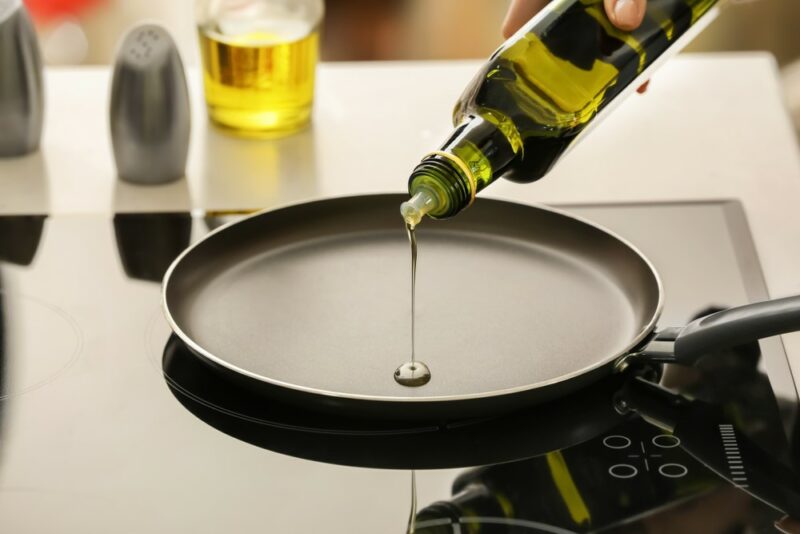
Frying with olive oil clearly isn’t dangerous. Its oxidative stability might even make olive oil safer than most other options.
However, the oil doesn’t remain entirely unchanged. Some heat sensitive vitamins and antioxidants may get degraded during the cooking process, especially if you’re cooking over high heat for a long time.
This suggests that you’ll see more health benefits from straight olive oil than with olive oil that’s been used for cooking.
Remember too that frying isn’t the healthiest way of cooking and often gives you a calorie dense meal. Using olive oil doesn’t suddenly make frying healthy. So, you still need to be wise about when you fry food and when you don’t.
Which Olive Oil Is Best For Frying?
It’s tempting to turn to extra virgin olive oil if you want the best of the best. After all, this is the premium type of olive oil. Plus, the smoke point is often between 374°F to 405°F, with high quality oils regularly getting to 400°F or above.
This smoke point is high enough for most types of shallow frying, as long as you’re careful.
Still… extra virgin olive oil is expensive. It’s worth the price for the antioxidants and the flavor profile, but both of those get compromised when you’re frying with the oil.
So, while you can use extra virgin olive oil for frying, doing so is a waste.
If you’re looking for something minimally processed, then virgin oil is the way to go. This still has most of the same features as extra virgin olive oil, just with a much lower price tag.
Refined olive oil is even more helpful. This has gone through some chemical processing, so it won’t be for everyone. However, the refinement gives the oil a higher smoke point and a milder flavor, which can make it even better for frying.
Olive Oil Vs Other Oils For Frying
While you can fry with olive oil, this is only one option. There are plenty of other cooking oils too, some of which can be more useful.
Here are some of the most common alternatives and how they compare.
Avocado Oil
If you can’t use olive oil in your cooking or just want something different, avocado oil is one of the best alternatives. Like olive oil, it’s rich in healthy fats. It even contains a decent amount of oleic acid.
There’s another powerful feature too – avocado oil has a high smoke point. This is particularly true if you choose refined avocado oil.
While olive oil still wins in oxidative stability, avocado oil is decent on this front too. As such, it’s just as good as olive oil for cooking with.
Refined Vegetable Oils
Vegetable oils, including canola oil, corn oil, and vegetable oil, are popular frying choices. They’re highly refined, which gives them a high smoke point and minimal flavor. You can use them easily, without worrying that they’ll change the flavor of your meal.
However, the refining process is concerning. Vegetable oils often rely on harsh chemicals, including hexane, which can leave traces in the oil. There are also concerns that despite their smoke point, the oils may oxidize at high temperatures, which isn’t good for your health at all.
Butter And Ghee
Butter is a popular option for frying, partly because it provides a rich buttery flavor, which complements many meals.
It does have a lower smoking point than olive oil, so you need to be cautious with it. Still, frying with butter works well and you get a rich flavor that olive oil doesn’t provide.
Then there’s ghee. This is a form of clarified butter and has the same buttery flavor. It has a higher smoke point than butter, so it’s an even better choice for frying.
If you’re cooking with butter, then you can use a 1:1 substitution of melted butter to olive oil. If you’re baking, a 4:3 substitution of butter to olive oil works better.
Coconut Oil
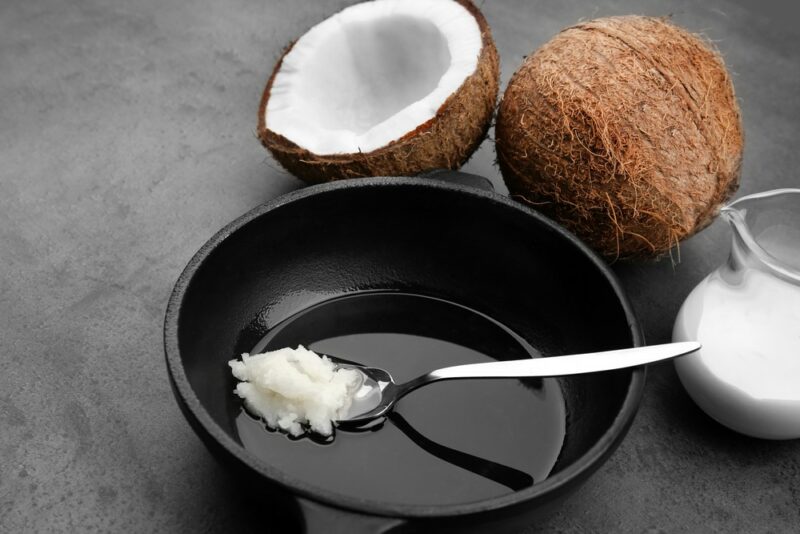
Coconut oil stands out as it contains more saturated fat than any other plant-based oil. It can be tricky to use though, as unrefined coconut oil has a distinct coconut flavor and can be solid at room temperature.
There’s also debate about the health effects. Coconut oil is traditionally seen as less healthy than olive oil, as it’s high in saturated fat.
However, much of this saturated fat is in the form of medium chain triglycerides (MCTs). MCTs may offer some health benefits, like helping with ketosis and even decreasing inflammation. The MCTs may even mean that coconut oil promotes health, rather than causing problems.
Other Options
Grapeseed oil is another useful substitute. It has a neutral flavor with a mild nutty finish. It’s also high in monounsaturated and polyunsaturated fats, which should give it plenty of oxidative stability.
Then there’s sunflower oil. It has a smoke point of around 440˚F, so it can be used in all the same places as olive oil.
Final Thoughts
The story that olive oil has a low smoke point and shouldn’t be used for cooking is simply that, a story. Even extra virgin olive oil has a smoke point of 374°F to 405°F, which is high enough for shallow frying and plenty of other uses.
Then there’s the oxidative stability. This reduces the formation of any dangerous compounds, making the oil even safer.
Olive oil even stands up well against competing oils, including avocado oil, coconut oil, and refined vegetable oil.
But, while you can safely fry with olive oil, there’s still the question of whether you should. After all, olive oil can be expensive and some of the health benefits decrease when you fry with it.
If your budget is tight, it might be best to save olive oil for drizzling over your salads and eating with bread. You can easily use one of the other oils for cooking.

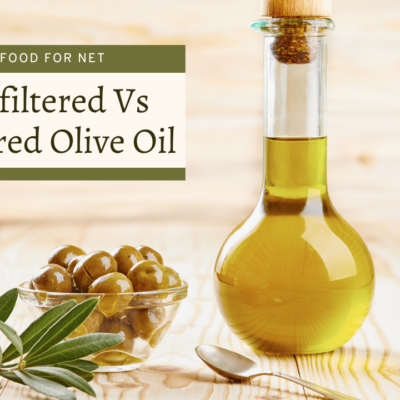
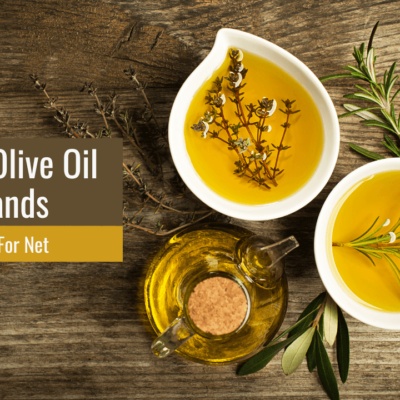
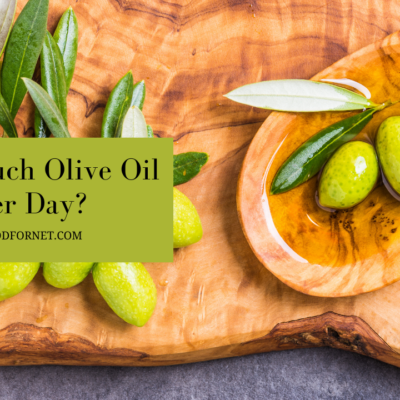
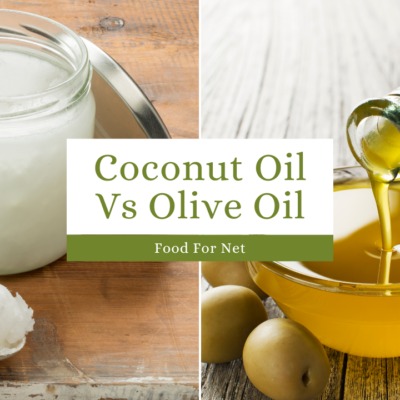
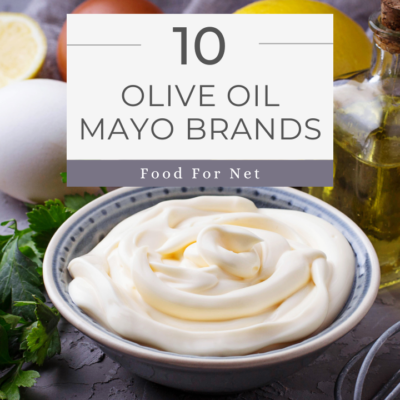
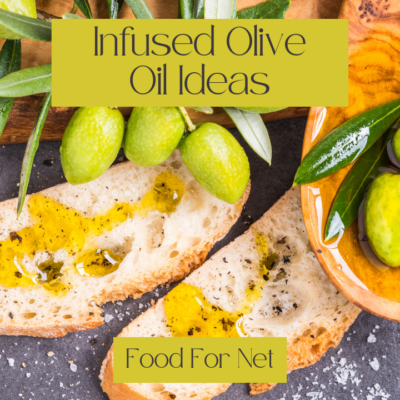
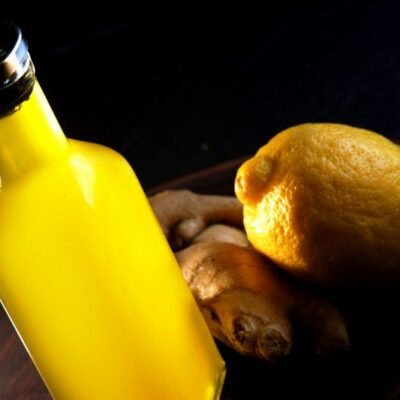
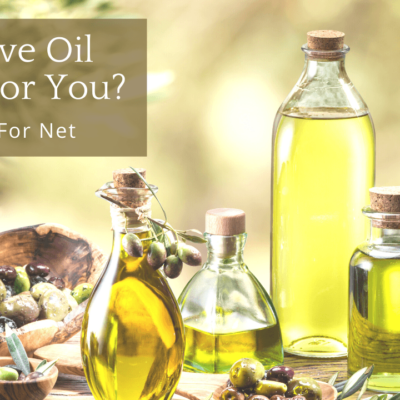
 12 Olive Oil Substitutes That You’ll Love
12 Olive Oil Substitutes That You’ll Love
Leave a Reply